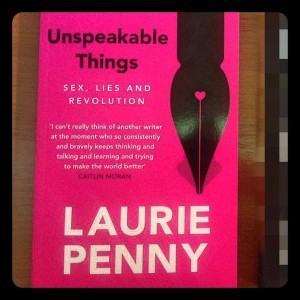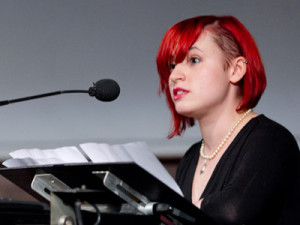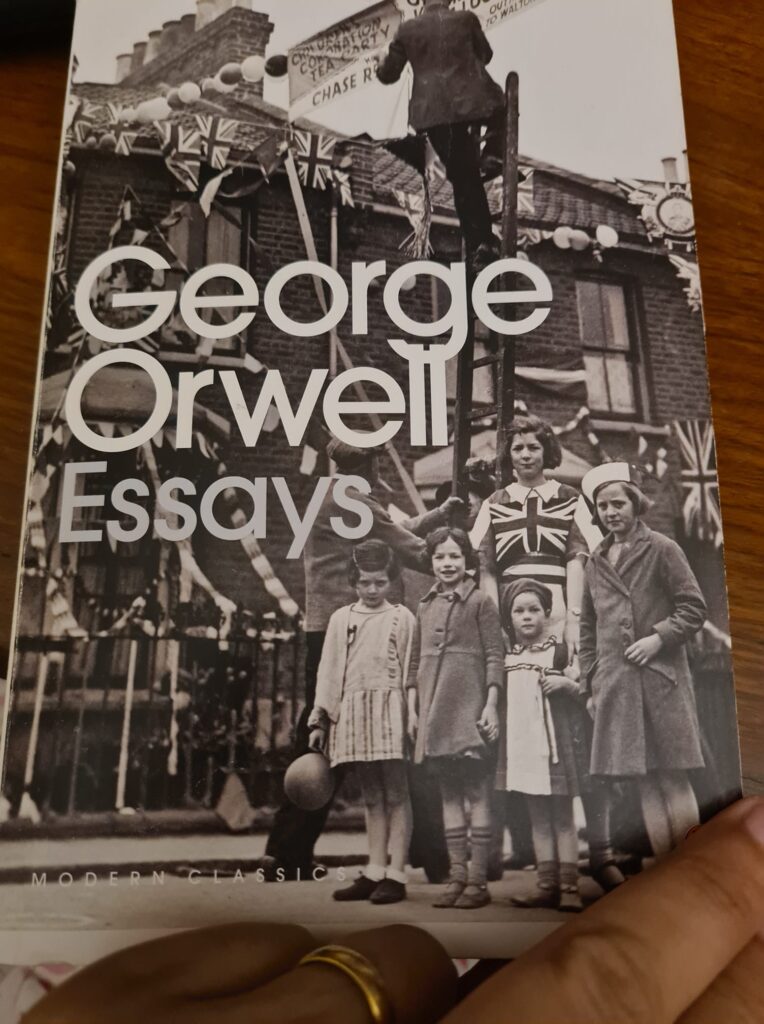 ‘Neoliberalism’ refers to the attempt to reorganise society and the state on the basis of an ideal of ‘the market’. Neoliberalism proclaims the logic of business and money is the best determinant of human happiness. …
‘Neoliberalism’ refers to the attempt to reorganise society and the state on the basis of an ideal of ‘the market’. Neoliberalism proclaims the logic of business and money is the best determinant of human happiness. …
Neoliberalism is an attempt to build a ‘Machinery of Freedom’, in the words of David Friedman, in which human beings are economic creatures first and foremost. Everything we do should be about ‘maximising utility’, whether it’s in a relationship, in a job, or in social situations. The self is just an entrepreneurial project. The body is just human capital, a set of resources — whether the brain, the breasts or the biceps — which can be put to work generating an income stream.
This affects everyone — but women most of all. Women are most likely than men to perform labour that is socially necessary but low waged or unwaged, and more likely to need public services and welfare. In this nominally freer and more equal world, most women end up doing more work, for less reward, and feeling pressured to conform more closely to gender norms.
Neoliberalism, while extolling the ‘career woman’, reviles poor women, women of colour, sex workers and single mothers as hopeless dependants, sluts and thieves. That’s why the ‘career woman’ is a neoliberal hero: she triumphs on the market’s own terms without overturning any hierarchies. …
Neoliberalism colonises our dreams. It cannibalises our ideals of freedom and regurgitates them as strategies of social control.
Laurie Penny is a feisty twenty-seven-year-old who blogs extensively, has been shortlisted for the George Orwell  prize and written four books in less than five years. She lives and breathes her feminism. She rightly points out that feminism is evolving and has moved on in some senses from what the pioneering feminists like Gloria Steinem and Germaine Greer wrote about. Today the movement is not necessarily about giving equal rights to one gender, ie women, but also recognising the importance of including men in the dialogue. It is also engaging with the gender under neoliberalism. Patriarchal norms and structures continue to be very deeply embedded in social and cultural systems across the world. Having said that, it is not fair to assume that all men subscribe to the patriarchal ways of functioning. She writes with passion and has the guts to be outspoken. But she writes emotionally merging many personal narratives with her professional commentary. No harm done in bringing these two aspects of her life together but it weakens the argument of the book and making it overwhelming to read since it is not very clear where the chapters are heading to. Yet, this is a book which will be read for a long time to come.
prize and written four books in less than five years. She lives and breathes her feminism. She rightly points out that feminism is evolving and has moved on in some senses from what the pioneering feminists like Gloria Steinem and Germaine Greer wrote about. Today the movement is not necessarily about giving equal rights to one gender, ie women, but also recognising the importance of including men in the dialogue. It is also engaging with the gender under neoliberalism. Patriarchal norms and structures continue to be very deeply embedded in social and cultural systems across the world. Having said that, it is not fair to assume that all men subscribe to the patriarchal ways of functioning. She writes with passion and has the guts to be outspoken. But she writes emotionally merging many personal narratives with her professional commentary. No harm done in bringing these two aspects of her life together but it weakens the argument of the book and making it overwhelming to read since it is not very clear where the chapters are heading to. Yet, this is a book which will be read for a long time to come.
If Laurie Penny continues to write and publish at this furious pace, creating a body of work on feminism, over time it will prove to be excellent resource material for mapping the evolution of feminism and its discourses at a point in history. For once here is a feminist, a woman, who is able to take out time and write in real time, record and create an archive of material for posterity. Otherwise a regular failing of women activists is their inability to record in words their actions and thoughts. Instead it is passed on orally from older women activists/feminists/academics to the younger generation. A sad truth. The little documentation that is available as publications ( books/films/audio clips/posters/handicrafts) is a mere drop in the phenomenal work that has been achieved or is done continuously. I LOVE the outrageous bubblegum pink cover. The many layers to the illustration of a black nib of a fountain pen ink. See it for what it is or for a sexually explicit drawing of a woman’s uterus/vagina. I truly love the boldness of the cover design.
Here is a wonderful review of the book: Gaby Hinsliff, “Unspeakable Things: Sex, Lies and Revolution by Laurie Penny – review” , 4 July 2014, The Guardian . ( http://www.theguardian.com/books/2014/jul/09/unspeakable-things-laurie-penny-review )
Read this book along with the following recent publications:
Nivedita Menon Seeing Like a Feminist Zubaan, New Delhi, 2013.
Kate Bollick Spinster: Making a Life of One’s Own Corsair, New York, 2015.
Shereen El Feki Sex and the Citadel: Intimate Life in a Changing Arab World Vintage, London, 2014.
Rafia Zakaria The Upstairs Wife : An Intimate History of Pakistan (English) Beacon Press, 2015.
Laurie Penny Unspeakable Things: Sex, Lies and Revolution Bloomsbury Paperbacks, London, 2015. Pb. pp. 270 Rs 299
14 September 2015

![]() This is the kid who only reads a book cover-to-cover if it interests her, otherwise she tosses it away after reading the first few pages. And when she likes a book, she loves it. She will not stop reading it, till she is done with it. She only relies on her instinct to appreciate a book. Rarely goes upon recommendations or book reviews or by popular trends amongst her peers. So she absolutely gets what Orwell means. Fascinating watching her respond to the essay.
This is the kid who only reads a book cover-to-cover if it interests her, otherwise she tosses it away after reading the first few pages. And when she likes a book, she loves it. She will not stop reading it, till she is done with it. She only relies on her instinct to appreciate a book. Rarely goes upon recommendations or book reviews or by popular trends amongst her peers. So she absolutely gets what Orwell means. Fascinating watching her respond to the essay. 


